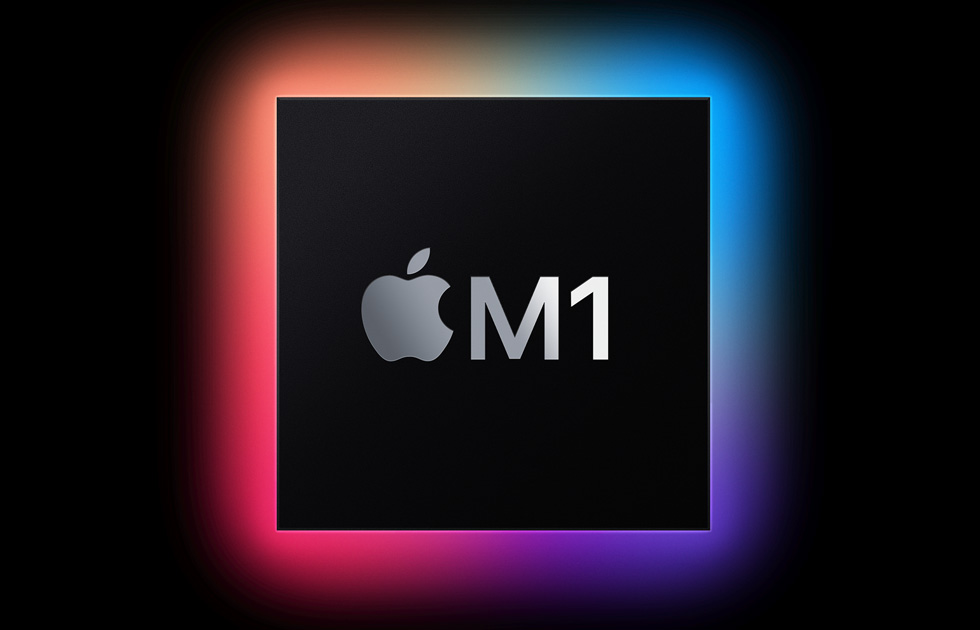You can now run Python on Apple M1 macOS
New experimental installer supports Big Sur

With the release of the latest version of Python, the popular language now officially supports the M1-powered machines.
Apple announced its plans to submit patches to enable Python 3 to build natively on Apple Silicon back in August.
The new M1-powered machines have impressed everyone with their performance, and Python developers have been wanting a piece of the pie.
- Here’s our list of some of the best business workstations
- And here are some of the best mobile workstations
- We've also rounded up the best business computers
Experimental installer
Python v3.9.1 becomes the first version of the language to support macOS 11 Big Sur. The developers note that the release is made possible thanks to Xcode 11, using which they can build Universal 2 binaries that work on Apple Silicon.
You can now use the new macos11.0 installer to install Python on Big Sur running atop the new M1-powered Macs.
“This installer can be deployed back to older versions, tested down to OS X 10.9,” wrote the developers in the release announcement, adding that the installer should be considered “experimental”.
Enumerating the changes in the detailed release notes, the developers write that “As of 3.9.1, Python now fully supports building and running on macOS 11.0 (Big Sur) and on Apple Silicon Macs (based on the ARM64 architecture).”
Are you a pro? Subscribe to our newsletter
Sign up to the TechRadar Pro newsletter to get all the top news, opinion, features and guidance your business needs to succeed!
While this is a positive development, it’s just the first step before Python developers and data scientists can subject their new Apple MacBooks to serious workloads.
There is still no information about the availability of image processing and data science extensions of the Python core on the M1. But if Apple’s TensorFlow fork is anything to go by, then it’ll just be a matter of time before we have M1 optimized versions of the critical data science libraries.
- Subscribe to Linux Format magazine for more Linux and open source goodness
Via: ZDNet
With almost two decades of writing and reporting on Linux, Mayank Sharma would like everyone to think he’s TechRadar Pro’s expert on the topic. Of course, he’s just as interested in other computing topics, particularly cybersecurity, cloud, containers, and coding.
